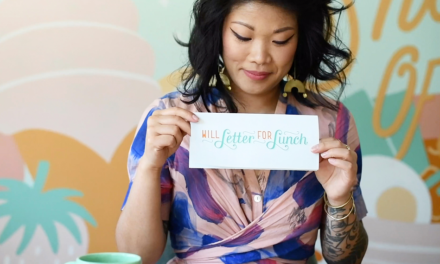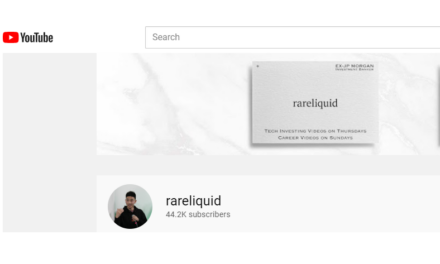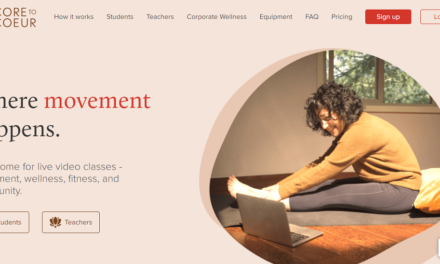Retale, a technology company that develops mobile-first shopping experiences, announced the results of a commissioned study examining chatbot adoption and experiences among millennials. For the study, chatbots were defined to participants as software and computer programs “that mimic human conversation using artificial intelligence.” 500 millennials ages 18-34 were polled between December 1-6, 2016.
When asked whether or not they have ever used a chatbot, nearly 58% of respondents said “yes,” while 42% said “no.” When those who have not used a chatbot were asked if they wanted to try them, more than half (53%) said they were interested, versus 26% who said they were not–20% of those who have not tried chatbots said they were “neutral” on trying them.
Among those who have tried chatbots before, 70% described their experiences as positive, with 39% of that group saying they were “very positive.” Alternatively, 21% have had negative experiences with chatbots. Of that group, just 6% described their experiences as “very negative.”
When asked to rate “improvement areas” for chatbots, “accuracy in understanding what I am asking and looking for” was the top pick, selected by more than half (55%) of all respondents. In second place was the “ability to hold a more ‘human’-sounding, natural conversation” (28%). It was followed by “getting a human customer rep involved where needed” (12%); and, finally “I would like to see more of them because there just are not many opportunities to use chatbots” (4%).
When asked whether or not they had any interest in trying chatbot experiences from consumer brands, 71% of millennials surveyed said that they are interested versus just 18% who said they are not.
When asked if brands should use chatbots to “promote deals, products and services” to consumers, nearly 90% (86%) of millennials said “yes,” while just 14% said “no.” When asked how likely they are to purchase items and services from brands via chatbots, 67% said they are likely to do so, with 36% of that group calling it “very likely.” Only 14% said that they were not interested and 19% were “neutral.”






